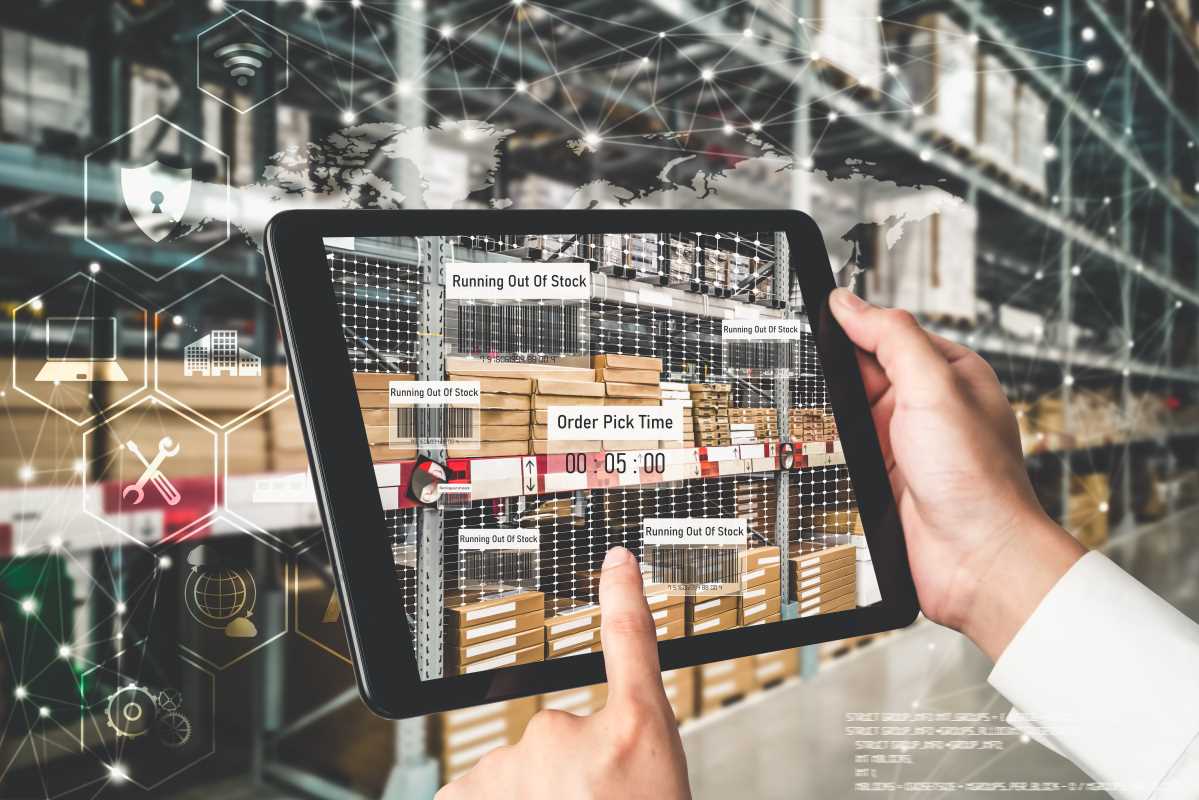Specialty coffee logistics present unique challenges that require thoughtful solutions to maintain quality and efficiency. This guide breaks down practical tips that address common issues faced in daily operations, making each step easier to follow and apply. Clear advice and proven methods help streamline your workflow, reduce errors, and support your goal of delivering excellent coffee to your customers. Discover how simple adjustments can lead to better product handling, improved freshness, and more reliable deliveries. By following these recommendations, you can enhance the way your coffee reaches people, ensuring it arrives in the best possible condition every time.
Managing the flow of unique coffee products demands careful attention to detail and a focus on both quality and timing. Every decision, from selecting suppliers to handling deliveries, influences flavor preservation and overall customer experience.
Understanding the Unique Challenges of Specialty Coffee Logistics
Specialty coffee presents its own set of challenges because its quality depends on factors like freshness, proper storage, and timely distribution. Each step in the process matters, from sourcing beans to brewing and serving. Fluctuating weather conditions, varying harvest times, and strict customer expectations add complexity to managing this product.
Maintaining the integrity of specialty coffee requires addressing obstacles such as limited shelf life and the need for precise temperature control. It also involves balancing supply with demand during peak periods and slow seasons, while ensuring each batch meets strict quality standards. Paying close attention to these details helps build a reputation for excellence and reliability.
Building Strong Supplier Relationships
Creating reliable partnerships with suppliers is essential to secure high-quality coffee beans. Establishing a steady rapport benefits both parties and improves overall efficiency in your supply chain. Open communication about quality standards, prices, and delivery schedules builds trust and facilitates smooth coordination.
Choosing the right suppliers involves evaluating several key aspects. Keeping communication honest and straightforward eases many logistics concerns. Below are some practical tips to guide you in managing supplier relationships effectively:
- Check the supplier’s track record for consistency and dependability.
- Set clear expectations on product quality and delivery times.
- Agree on flexible terms that accommodate seasonal fluctuations.
- Schedule regular reviews to assess performance and resolve any issues promptly.
Inventory Management Best Practices
Handling inventory efficiently becomes crucial for specialty coffee because of its sensitivity to storage conditions and time. Keeping accurate records and predicting your needs helps ensure the coffee remains fresh and your operations stay smooth. A systematic approach can help reduce waste and lower costs over time.
Breaking down the process into clear, manageable steps makes it easier to organize your inventory. The following list outlines actionable practices to improve your inventory management:
- Conduct frequent checks to review current stock levels and expiration dates.
- Establish consistent restocking routines that match peak and off-peak periods.
- Maintain organized storage areas that protect the beans from moisture and temperature changes.
- Review past sales data to forecast future inventory needs accurately.
Using Technology to Improve Supply Chain Efficiency
Modern tools help simplify many logistical challenges by automating routine tasks and providing real-time visibility. Software solutions enable you to monitor shipments, predict demand fluctuations, and manage orders with clarity. A tech-based approach reduces human error and helps you make timely decisions even during busy periods.
Exploring available digital solutions can lead to smarter operational decisions. Some helpful options include:
- Implement tracking systems that update activities in real time.
- Organize orders and shipments through cloud-based ordering platforms.
- Utilize analytical tools to study performance trends and prepare for seasonal changes.
Shipping, Storage, and Delivery Solutions
Choosing reliable shipping options that handle products with care is vital to maintaining the quality of specialty coffee. Proper packaging methods and temperature-controlled containers play a key role in ensuring your coffee arrives in the best possible condition.
Managing storage effectively involves keeping coffee beans in stable environments where exposure to moisture and extreme temperatures is minimized. Partnering with carriers who understand how delicate the product is and offer multiple shipping options can help you suit different destinations. Refining these methods helps prevent delays and reduces the risk of damaged goods during transit.
This guide provides practical advice for addressing logistics challenges associated with specialty coffee products. Applying these ideas can boost efficiency and safeguard product quality while keeping your operations flexible and ready to adapt to change.
By following these simple recommendations, you streamline your supply chain and consistently serve coffee that meets your high standards.







